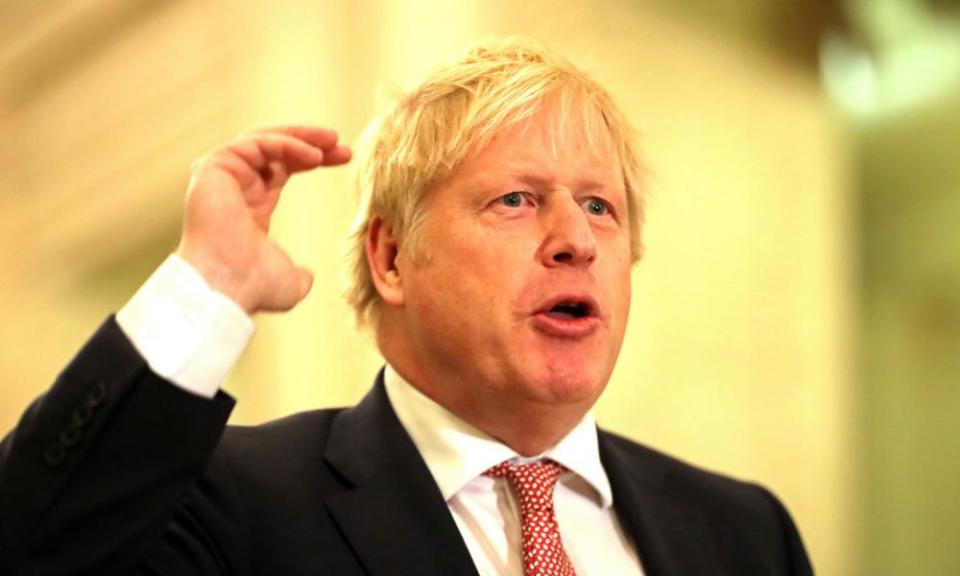UK rebuffs US presentation on Huawei security risks

Britain believes the information dramatically presented by a delegation from Donald Trump’s administration about the risks of using Huawei technology in 5G networks contains nothing its intelligence agencies had not foreseen.
The rebuff implies that British intelligence will not alter its assessment that the Chinese company’s technology presents no manageable security risk to British citizens as a final decision by the UK on whether to use Huawei looms.
A British government source said: “We’d already anticipated the kind of threat that the US material demonstrates and factored that into our planning.”
On Monday, a delegation of senior Trump administration officials flew into the UK to present what they said was fresh technical evidence about the security risks allegedly posed by Huawei – and made a last ditch call for Britain to implement a full 5G ban.
One delegation member said it would be “nothing short of madness” for Britain to allow Huawei to supply high speed 5G mobile phone networks in a briefing organised for journalists a few minutes after their meetings with officials and minsters had concluded.
The US officials would not say what their dossier included, although one claimed there was a risk that China could be able to conduct wholesale surveillance via Huawei kit in the future by exploiting software vulnerabilities.
“When it comes to Huawei, they [vulnerabilities] are intentionally introduced to take personal data with the intent to take personal data with the intent to help the Chinese communist party influence the population,” one of the officials said.
The UK is due to make a final decision on Huawei shortly, following a preliminary decision taken last spring under Theresa May, who concluded that using Huawei in some “non core” parts of the 5G network would be acceptable.
Earlier, Boris Johnson had said the onus was on Washington to propose an alternative to Huawei, although he added that he did not want to jeopardise the UK’s long standing intelligence sharing relationship with the US.
In his first interview of the new year with BBC Breakfast, Johnson said: “The British public deserve to have access to the best possible technology. We want to put in gigabit broadband for everybody. Now if people oppose one brand or another then they have to tell us what’s the alternative.”
But he added: “On the other hand, let’s be clear, I don’t want, as the UK prime minister, to put in any infrastructure that is going to prejudice our national security or our ability to cooperate with Five Eyes intelligence partners [the UK, Canada, the US, New Zealand and Australia].”
The US officials had warned that intelligence-sharing with the UK could be halted in future, and argued that any use of Huawei equipment in the British 5G network presented an unacceptable security risk.
Huawei said it was confident that the British government would make a final decision “based upon evidence as opposed to unsubstantiated allegations”. It denies that its technology can be exploited for surveillance by China.
Victor Zhang, vice president of Huawei, added: “We strongly agree with the prime minister that ‘the British public deserve to have access to the best possible technology’.”

 Yahoo Finance
Yahoo Finance 